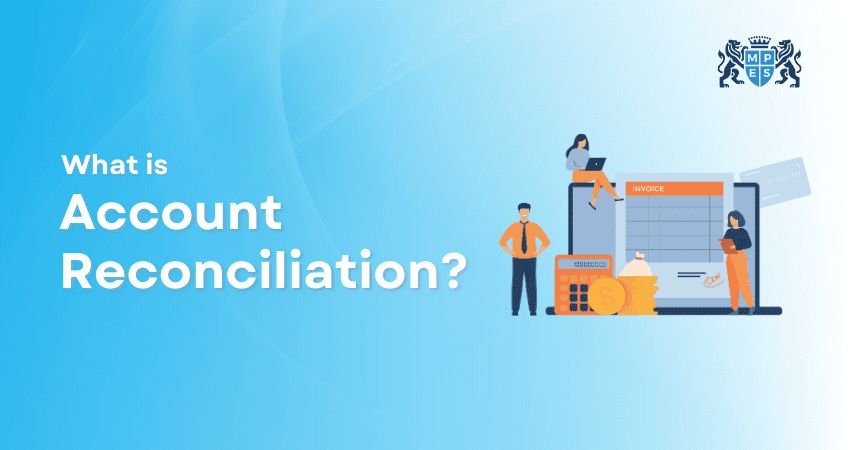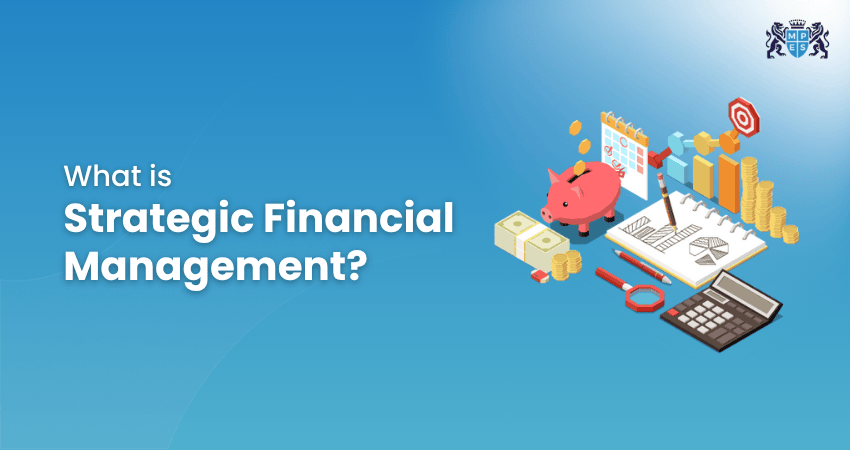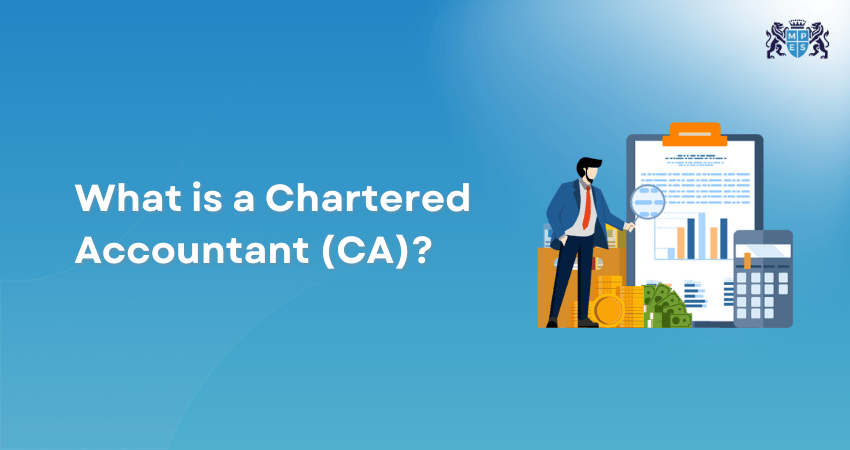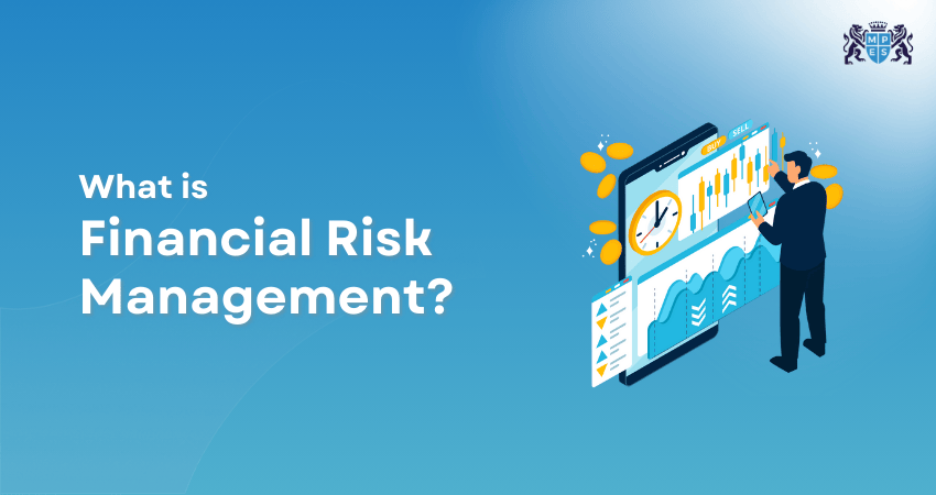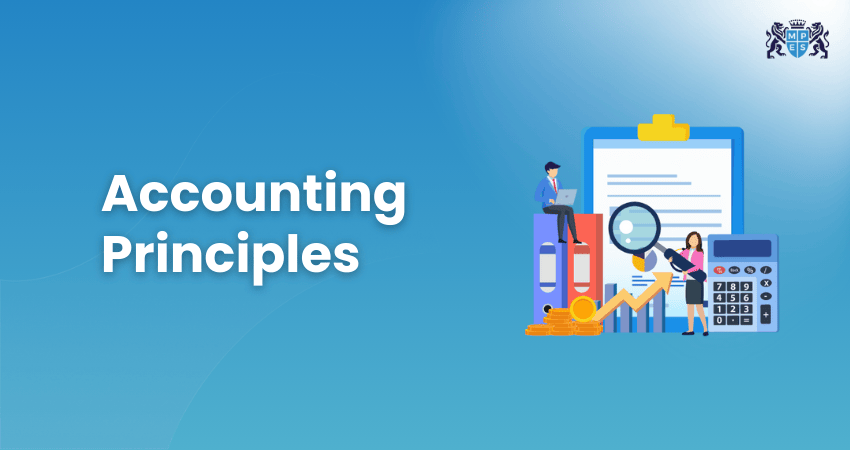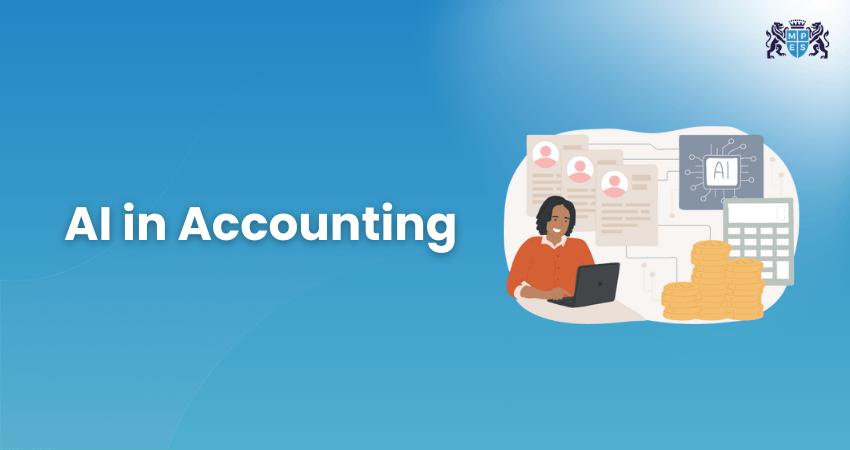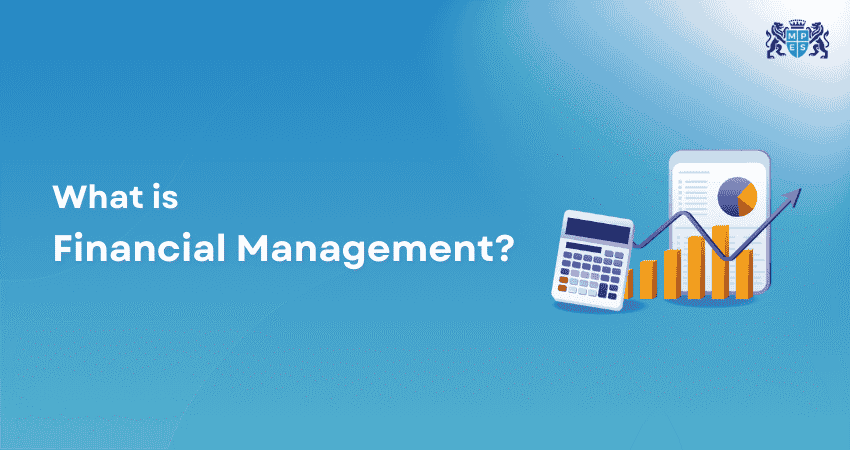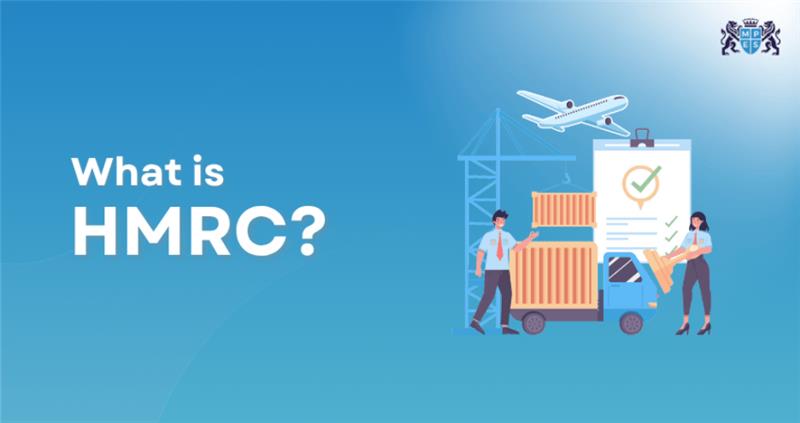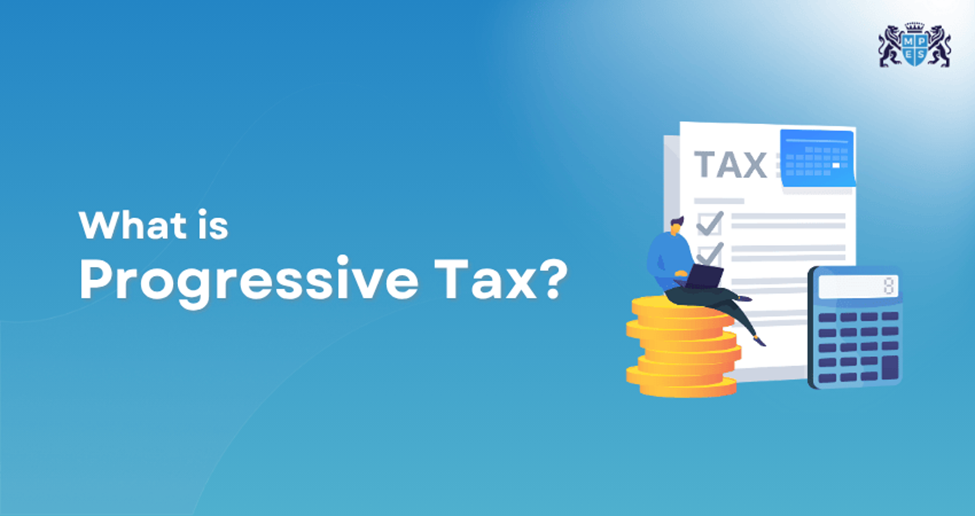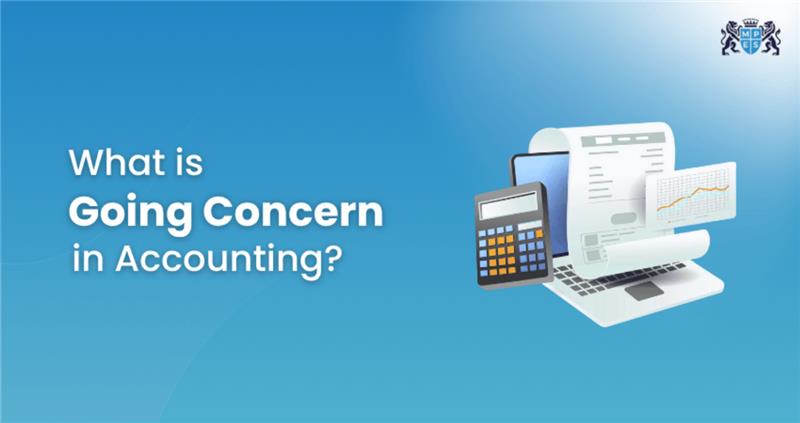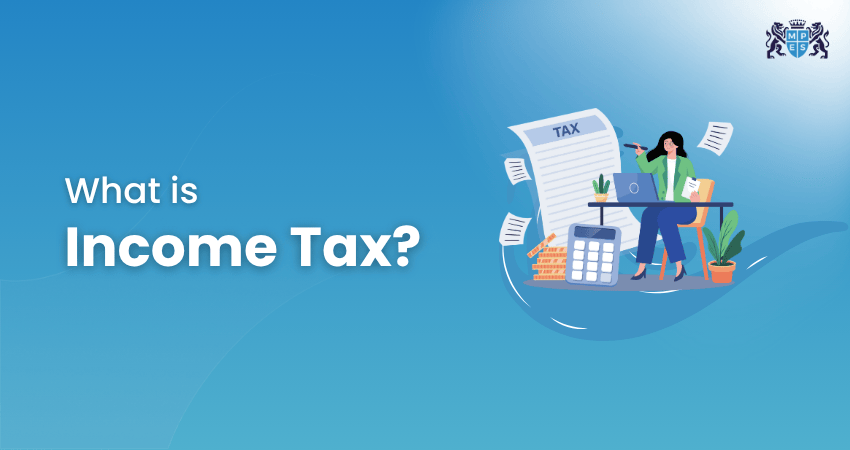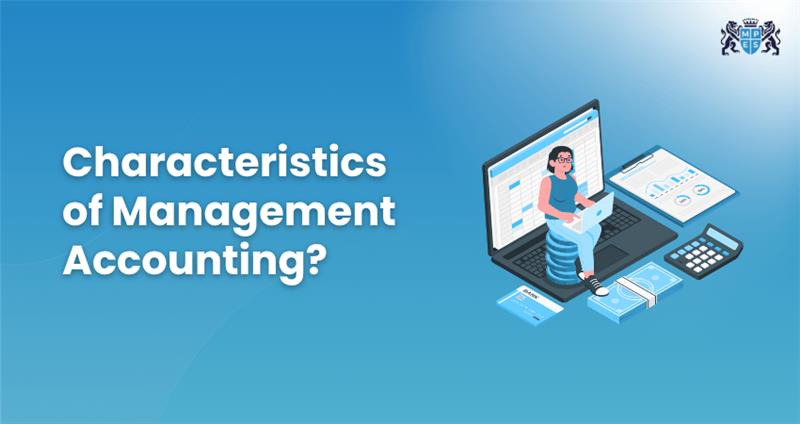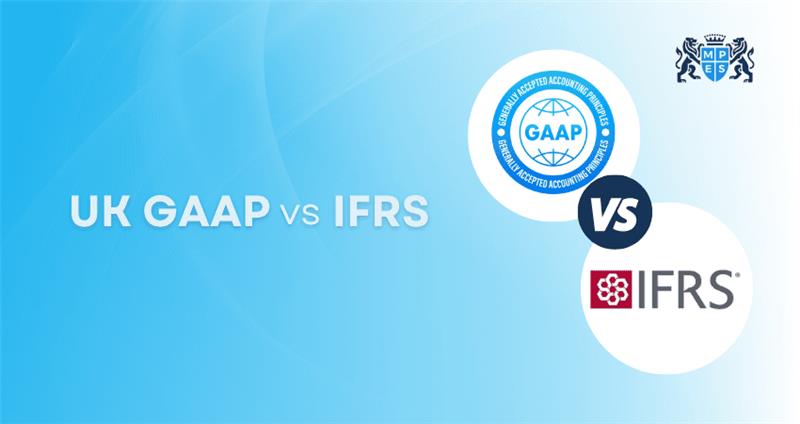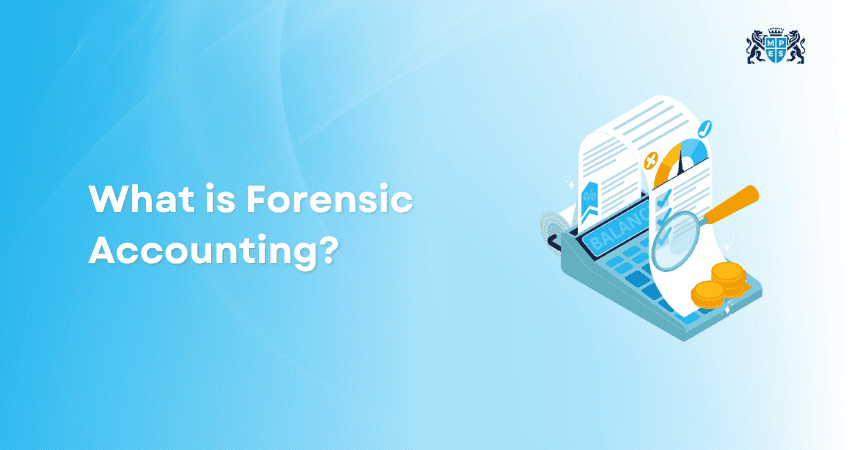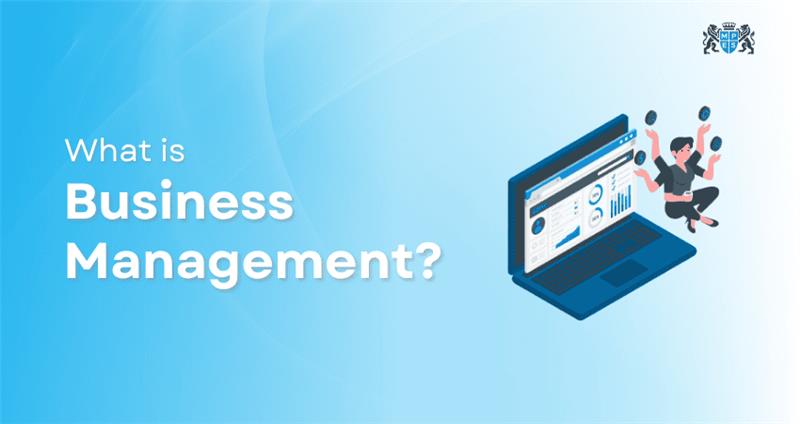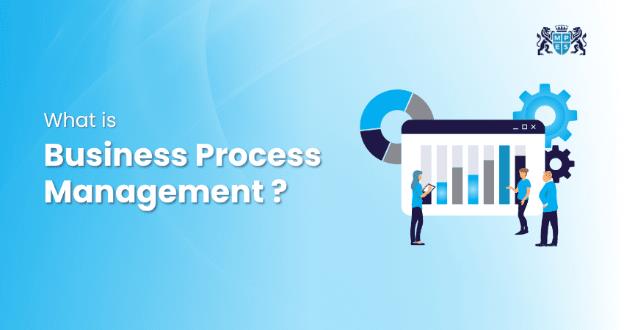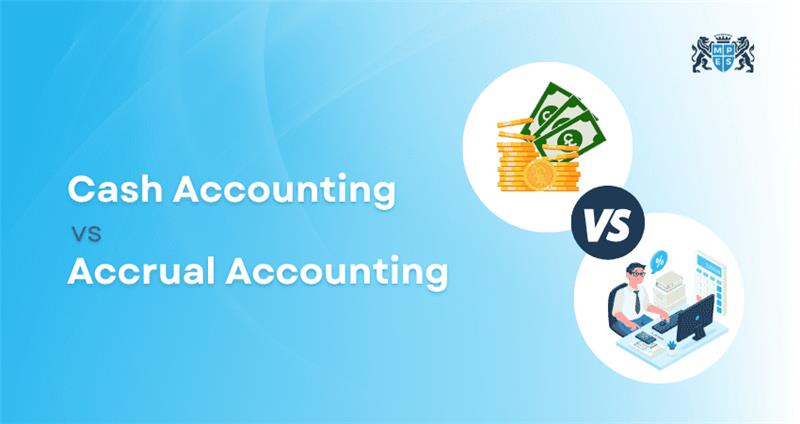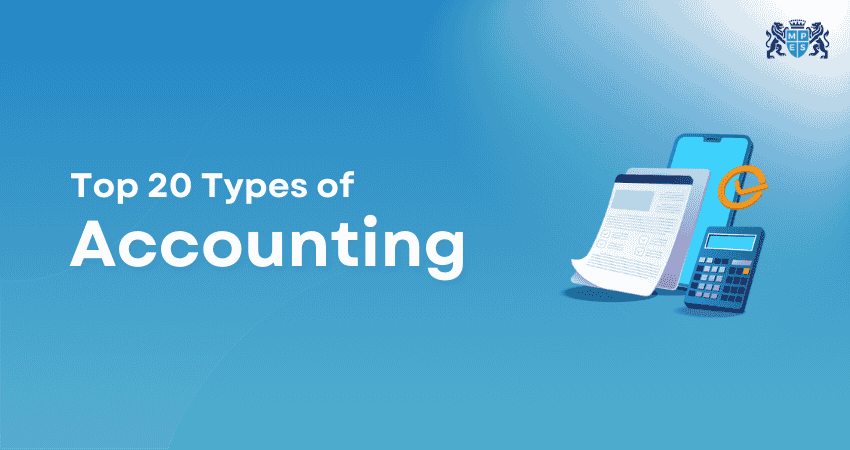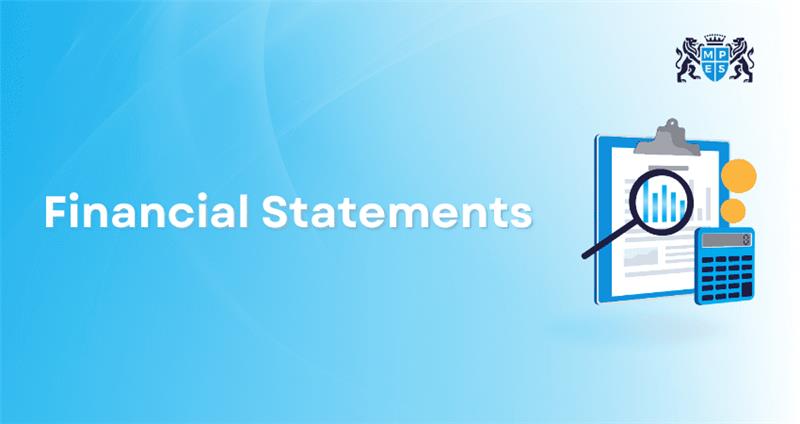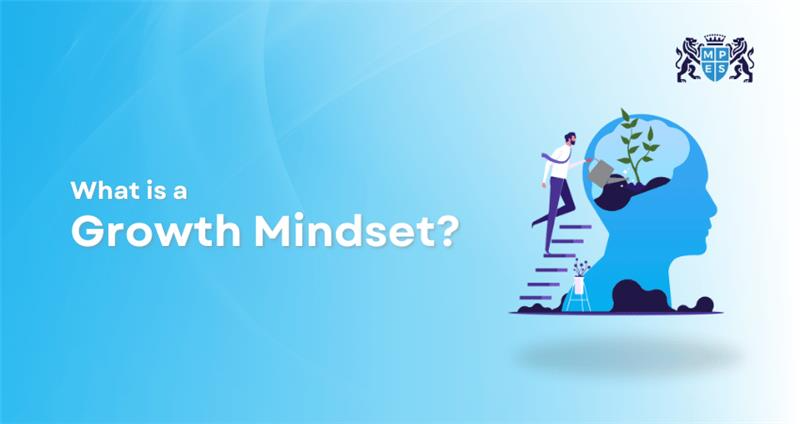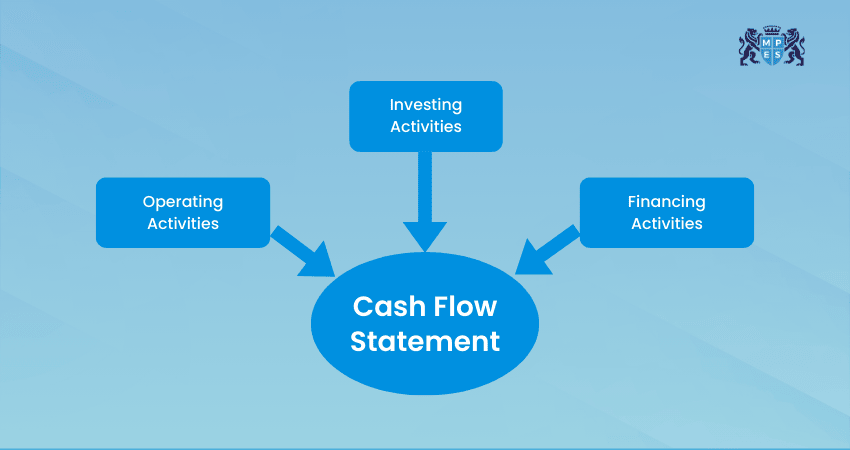Learning Options
- Online Video-Based Learning
- Flexible Schedule
- Expert Trainers with Industry Experience
- High Pass Rates
- 24/7 Personalised Support
- Interactive Learning Materials
- Live Online Classes
- Expert Trainers with Industry Experience
- Live Assessment and Feedback
- Interactive Learning Materials
- Networking Opportunities
- High Pass Rates
Overview
The Certified Agile Business Analyst Professional (CABAP) Course is designed to empower professionals with Agile methodologies and tools to excel in business analysis roles. By focusing on real-world applications, this course helps learners build a strong foundation in Agile practices and principles. It aligns with global Agile standards, ensuring learners can drive project success by adapting to dynamic environments and effectively meeting stakeholder needs.
As organisations increasingly embrace Agile frameworks to enhance efficiency and collaboration, business analysts play a vital role in bridging the gap between business goals and project execution. This course equips learners with practical skills in requirement gathering, user story creation, backlog prioritisation, and stakeholder communication, enabling them to deliver solutions that maximise business value. These competencies are essential for thriving in Agile environments and supporting organisational objectives.
This 2-day training, provided by MPES, includes interactive workshops, case studies, and exam preparation to ensure a comprehensive learning experience. Learners will gain hands-on exposure to Agile tools and techniques, boosting their confidence in applying them to real-world projects. Upon completion, learners will be ready to excel in Agile environments, enhance business value delivery, and advance their careers as certified Agile Business Analysts with globally recognised credentials.
Course Objectives
- Understand Agile principles and their application to business analysis
- Learn effective techniques for user story creation and backlog management
- Master stakeholder collaboration in Agile environments
- Develop the ability to elicit and document requirements adaptively
- Enhance skills in prioritising and refining requirements for iterative delivery
- Gain confidence in applying Agile analysis techniques to real-world scenarios
- Prepare thoroughly for the Certified Agile Business Analyst Professional (CABAP) exam

Average completion time
2 Month
with unlimited support
100% online
Start anytime
Study At Your Own PaceCourse Includes
Course Details
Develop your understanding of essential financial, business and management accounting techniques with ACCA Applied Knowledge. You'll learn basic business and management principles and the skills required of an accountant working in business.
Entry Requirements
Educational Background: A secondary degree or equivalent experience is recommended but not mandatory.
Professional Experience: While prior experience in business analysis or Agile projects is beneficial, it is not required.
Language Proficiency: Learners should have a good command of English, as course materials and the certification exam are conducted in English.
Learning Outcomes
Acquire in-depth knowledge of Agile business analysis methodologies
Develop the ability to collaborate effectively with cross-functional Agile teams
Enhance stakeholder communication and engagement in Agile settings
Gain expertise in backlog refinement, user story mapping, and value delivery
Achieve certification readiness with a thorough understanding of CABAP exam objectives
Target Audience
Business Analysts
Agile Practitioners
Product Owners
Project Managers
IT Professionals
Team Leaders
The CABAP course is tailored for professionals aiming to excel in Agile business analysis roles. It benefits individuals seeking to enhance their skills and contribute to successful Agile projects.
The course is ideal for:
Course content
Agile Methodology
Agile Testing Methodology
Business Analysis Principles
Overview of Agile
Overview of Scrum
Introduction to Requirements for Analysis
Sprint Backlog
Product Backlog
Overview
Key Characteristics and Considerations
Introduction to Enhancing Business Value
Introduction to Cost Analysis
Cost Estimation
Understanding Information Radiators
Definition of Done (DoD) Overview
Introduction
Key Aspects of Navigation in Business Analysis
Best Practices of Agile
Features of a Business Analyst
Role of a Business Analyst Overview
Responsibilities of a Business Analyst Overview
Business Context
Stakeholder Analysis
Problem Definition
Data Collection and Analysis
Root Cause Analysis
Solution Identification
Most Common Problems and Solutions
Introduction to Managing Business Change
Types of Change Management
Stages of Business Change Life Cycle
Requirements Analysis and Modelling
Requirements Analysis and Modelling Techniques
Introduction to Analysis Strategies
Common Thinking on Critical Planning Requirements
Analysis Tools and Techniques
Define Clear Objectives
Data Quality
Understand the Context
Use Appropriate Methods
Validate and Verify
Interpretation and Inference
Ethical Considerations
Documentation and Transparency
Continuous Improvement
Introduction to Data Rationalisation
Steps of Data Rationalisation
Internal Analysis of the Environment
External Analysis of the Environment
Characteristics of KPIs
KPIs for Business Analysts
KPIs for Business Analysts Benefits
Factors Determine Success of Business Analyst
Success Factors for Requirements Planning
Investigation Methods Used by Business Analysts
Brainstorming
Workshops
Interviews
Observation
Activity sampling
Questionnaire
Introduction to Requirements Engineering
What are the Requirements?
Elements of Requirements Engineering
Application to Core Asset Development
What is Business Process Modelling?
Techniques of Business Process Modelling
Introduction to Stakeholder Management
How does Stakeholder Management Work?
Failures in Stakeholder Management
Achieving Good Stakeholder Management
Analysing Stakeholders Overview
Module 1: Introduction to Agile Business Analysis
Module 2: Agile, Scrum, and Requirements for Analysing
Module 3: Requirements for Analysing
Module 4: Sprint and Product Backlog
Module 5: Multi-Team Environment
Module 6: Enhancing Business Value
Module 7: Cost Analysis
Module 8: Information Radiators
Module 9: Definition of Done
Module 10: Navigation
Module 11: Best Practices
Module 12: Features
Module 13: Role of a Business Analyst
Module 14: Responsibilities of a Business Analyst
Module 15: Understanding Situations
Module 16: Overcoming Problems
Module 17: Managing Business Change
Module 18: Business Change Life Cycle
Module 19: Business Model Requirements
Module 20: Analysis Strategies
Module 21: Principles of Data Analysis
Module 22: Data Rationalisation
Module 23: Internal and External Environmental Analysis
Module 24: Key Performance Indicators
Module 25: Factors for Success
Module 26: Investigation Methods
Module 27: Requirements Engineering
Module 28: Business Process Modelling
Module 29: Stakeholder Management
Module 30: Analysing Stakeholders
MPES Support That Helps You Succeed
At MPES, we offer comprehensive support to help you succeed in your studies. With expert guidance and valuable resources, we help you stay on track throughout your course.
- MPES Learning offers dedicated support to help you succeed in Accounting and Finance courses.
- Get expert guidance from tutors available online to assist with your studies.
- Check your eligibility for exemptions with the relevant professional body before starting.
- Our supportive team is here to offer study advice and support throughout your course.
- Access a range of materials to help enhance your learning experience. These resources include practice exercises and additional reading to support your progress.
Career Growth Stories
Discover how MPES Learning transforms careers with real success stories.

Arvy Pasanting

As a qualified accountant, studying at MPES has been a very rewarding experience. Its team of passionate and dedicated mentors gave me the confidence and knowledge I needed to not just excel at my current role as an auditor, but also inspired me to expand my horizons.
Arvy Pasanting
David Ford

I was recommended MPES after searching for a way to pursue a career in the accounting profession, I have studied with them throughout my journey utilising both their “in class” and online learning opportunities that fit around the needs of my employer, I have found them to be consummate professionals delivering first class accounting courses with support always available.
David Ford
Aaron Allcote

As a finance officer, MPES has been a huge help in understanding the process of recording and processing transactions from all different perspectives. The courses are very easy to follow, and the training they provide can be applied to real-life scenarios. The courses have been a huge help for me, and I would highly recommend them.
Aaron Allcote
Bob Beaumont

I completed all of my ACA studies with MPES and I think you would struggle to find a better training provider anywhere in the British Isles. MPES' tutors are excellent both at delivering training and giving individualised feedback and coaching. the supporting materials and the out of class support are also great.
Bob Beaumont
George Evans

The Financial Risk Management Course at MPES was invaluable in deepening my understanding of risk assessment and mitigation strategies. The hands-on learning approach allowed me to apply new concepts directly to my work. I highly recommend it for professionals in finance.
George Evans
James Robinson

As a financial consultant, I am always seeking ways to enhance my expertise. The Investment Analysis Course at MPES exceeded my expectations, offering practical skills and knowledge that I can apply immediately in my consulting work. It's an outstanding choice for professionals in finance.
James Robinson
Laura Bennett

The Corporate Finance Course I attended at MPES was transformative. The depth of knowledge shared by the instructors and the relevance of the topics covered have directly impacted on our financial strategy. I strongly endorse this program for anyone in a leadership position in finance.
Laura Bennett
Emma Johnson

The Financial Modeling and Valuation Course at MPES was incredibly insightful. The practical applications and real-world examples helped solidify my understanding of complex concepts. I highly recommend this course to anyone looking to enhance their financial acumen.
Emma JohnsonHave Questions? We’ve Got You
If you have any questions, we’re here to help. Find the answers you need in the MPES detailed FAQ section.
Q. Do I need prior Agile experience to take this course?
No, prior Agile experience is not mandatory. The course provides a comprehensive introduction to Agile principles and business analysis techniques.
Q. What topics are covered in this course?
The course covers Agile principles, user stories, backlog prioritisation, stakeholder collaboration, adaptive planning, and certification exam preparation.
Q. How will this course benefit my career?
This course enhances your ability to contribute to Agile projects, prepares you for certification, and boosts your professional credibility as an Agile Business Analyst.
Q. Is this course suitable for non-business analysts?
Yes, it is suitable for professionals transitioning into business analysis roles or seeking to apply Agile principles in their work.
Q. Will I receive a certification upon completing the course?
Learners will receive a course completion certificate. To earn the CABAP certification, you must pass the certification exam, which this course thoroughly prepares you for.
Related Courses
Explore additional courses designed to complement your learning journey and enhance your professional skills. Expand your knowledge with these expertly curated options tailored to your career goals.




Resources
Access a wide range of free resources to support your learning journey. From blogs to news and podcasts, these valuable guides are available at no cost to help you succeed.

What Is Council Tax, and Who Has to Pay It? Explained in Detail
Maria Thompson04-Aug-2025
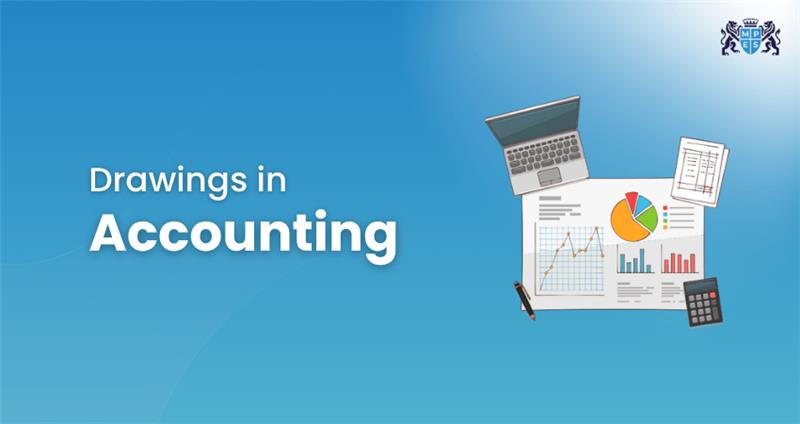
Drawings in Accounting: Definition, Characteristics, and Examples
Maria Thompson21-Jul-2025

The Best Accounting and Finance Books for Professionals and Students
Maria Thompson07-Jul-2025
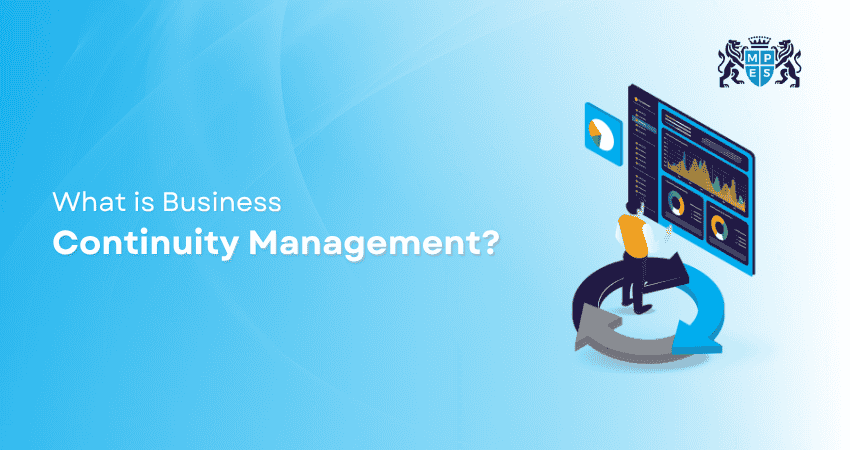
What is Business Continuity Management, and Why it is Important?
Maria Thompson03-Jul-2025

Activity-Based Costing (ABC): Definition, Benefits & Limitations
Maria Thompson16-Jun-2025

Job Shadowing: How it Benefits Teams via Observational Learning
Maria Thompson13-Jun-2025

Deferred Revenue: Definition, Liability Risks & Examples Explained
Maria Thompson10-Jun-2025

Accounting Cycle: Definition, Important, Steps, and How It Works
Maria Thompson02-Jun-2025

AI in Workplace: Benefits & Examples Shaping the Future of Work
Maria Thompson20-May-2025

15 Reasons Why to Become an Accountant: Benefits & Career Growth
Maria Thompson14-May-2025

How to Motivate Yourself: 20 Powerful Tips for Self-improvement
Maria Thompson12-May-2025
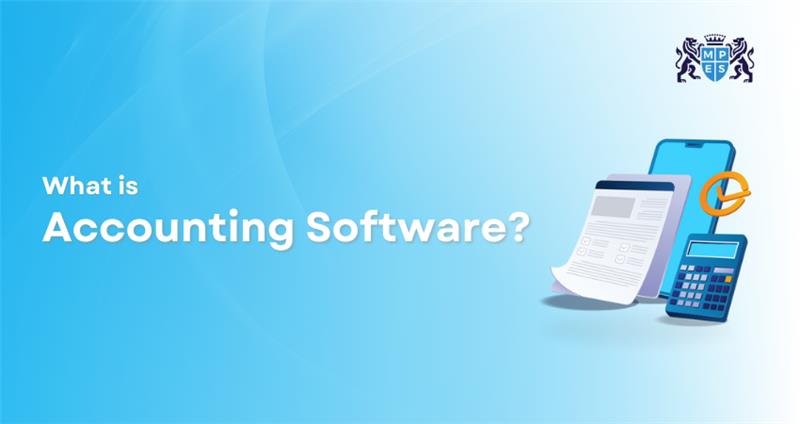
What Is Accounting Software? Features, Types & Benefits Explained
Maria Thompson07-May-2025

Cyber Security for Business: Meaning, Importance & Tips Explained
Maria Thompson02-May-2025

What is Bookkeeping, Its Importance and How to Become a Bookkeeper
Maria Thompson28-Apr-2025

Freelancing vs Full-Time Employment: Choosing the Right Career Path
Maria Thompson25-Apr-2025

What is Financial Reporting: Types, Importance and Uses Explained
Maria Thompson21-Apr-2025
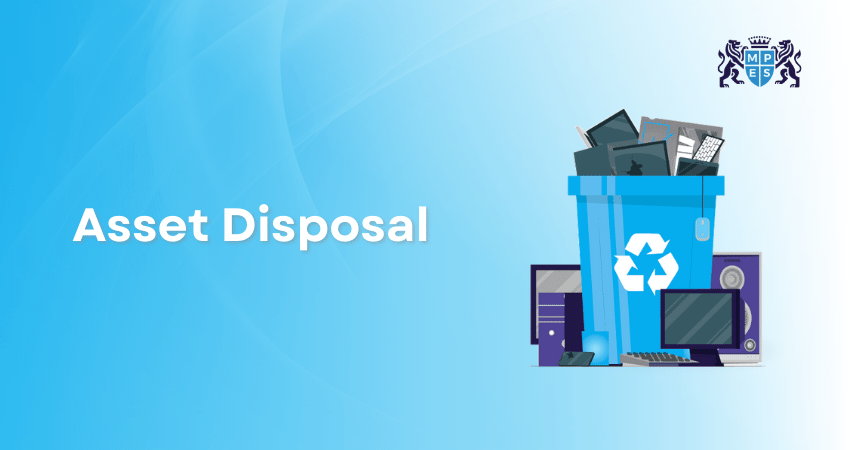
Asset Disposal: Definition, Types, Methods and Examples Explained
Maria Thompson16-Apr-2025

Allowable and Disallowable Expenses in the UK: Explained in Detail
Maria Thompson09-Apr-2025

What is Human Resource Management (HRM)? Principles and Functions
Maria Thompson08-Apr-2025

Navigating Career Transitions with the 10 Steps Framework Guide
Maria Thompson28-Mar-2025

Top 15 IT Soft Skills Every Tech Professional Should Have in 2025
Maria Thompson05-Mar-2025

Trade Payables: Definition, Benefits, Tips, and Examples for Business
Maria Thompson03-Mar-2025

What is Goodwill in Accounting? Importance, Types, and Examples
Maria Thompson11-Feb-2025

Audit vs. Assurance: Definitions, Key Differences & Similarities
Maria Thompson03-Feb-2025

What is DeepSeek R1 Model, and How it Ranks Against OpenAI's o1?
Maria Thompson31-Jan-2025

What Is Cash Basis Accounting? Definition, Example and New Updates
Maria Thompson29-Jan-2025

Corporate Tax Planning: Definition, Types, Strategies, and Benefits
Maria Thompson27-Jan-2025

The Power of Resilience: Strategies to Develop Your Inner Strength
Maria Thompson23-Jan-2025

Financial Accounting vs Management Accounting: What's the Difference?
Maria Thompson22-Jan-2025

What is Corporation Tax: Deductions, Benefits, and How It Works
Maria Thompson20-Jan-2025
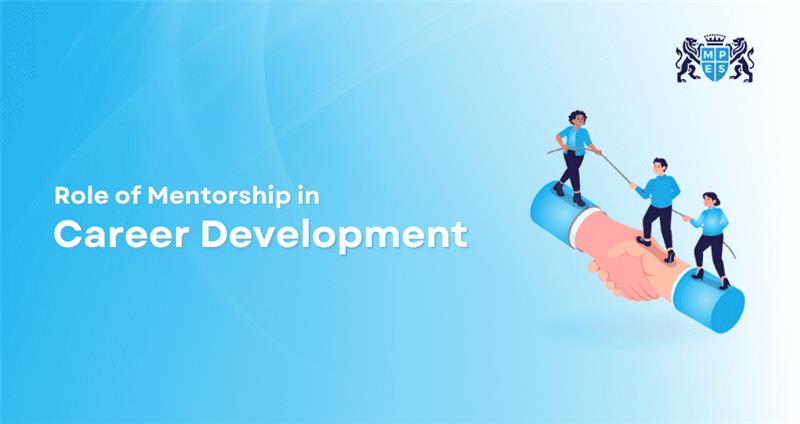
Role of Mentorship in Career Development: A Catalyst for Success
Maria Thompson16-Jan-2025

15 Reasons You Should Invest in Professional Development: Explained
Maria Thompson03-Jan-2025

What is Corporate Governance: Principles, Models, and Best Practices
Maria Thompson23-Dec-2024

What Is Management Accounting? Types and Key Functions Explained
Maria Thompson18-Dec-2024

Accounting Secrets to Effective Budgeting: Proven Strategies for Creating Effective Budgets
Maria Thompson16-Dec-2024

Financial Accounting in a Remote Work Era: Adapting Key Practices
Maria Thompson12-Dec-2024

Future-ready Accountants: Top Certifications to Bridge Skills Gaps in 2025
Maria Thompson04-Dec-2024
 Have Any Question?
Have Any Question?
 +44 7452 122728
+44 7452 122728






 Back
Back



